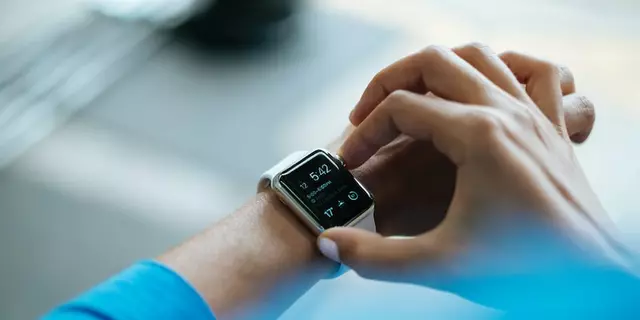Is there a connectivity technology that will replace Bluetooth?
Introduction to Bluetooth and its Role in Connectivity
Ever since its inception, Bluetooth has dominated the wireless connectivity industry. It's a technology we've all come to depend on for daily tasks, be it transferring files, listening to music, or connecting to our smart devices. It's hard to imagine a world without Bluetooth, but like every technology, it has its limitations. As technology continues evolving, it's only natural to wonder if something better is on the horizon that could replace Bluetooth. In this article, we'll explore this topic in detail.
Understanding the Limitations of Bluetooth
While Bluetooth is quite versatile, it's not without its flaws. The range and data transfer speed of Bluetooth are limited. Moreover, it can only connect to a limited number of devices at once. Plus, Bluetooth connections can sometimes be unstable, leading to lags or disconnections. Although the latest Bluetooth 5.0 has addressed some of these issues, the fundamental limitations of the technology remain. It's these limitations that make the prospect of a new, improved connectivity technology so intriguing.
Wi-Fi 6: A Contender for Bluetooth's Throne
Wi-Fi 6, the latest version of Wi-Fi, promises faster speeds, lower latency, and improved performance in congested areas. It's not designed to replace Bluetooth but instead works in tandem with it. However, the capabilities of Wi-Fi 6 are so impressive that it could possibly become a viable alternative to Bluetooth in certain scenarios. For instance, Wi-Fi 6 could be used for high-speed data transfer between devices in a local network, something that is beyond the capabilities of Bluetooth.
Li-Fi: Light-Based Connectivity
Another emerging technology that has the potential to replace Bluetooth is Li-Fi. Li-Fi uses light waves instead of radio waves to transfer data. This allows it to achieve incredibly high data transfer speeds, much higher than what Bluetooth can offer. However, Li-Fi has its own limitations. It requires a direct line of sight between the transmitter and the receiver, which makes it unsuitable for use in many of the scenarios where Bluetooth is currently used.
Near Field Communication (NFC): A Close Range Alternative
Near Field Communication (NFC) is another technology that is often touted as a replacement for Bluetooth. NFC is great for transferring small amounts of data over very short distances, making it perfect for applications like contactless payments and smart cards. However, NFC's short range and low data transfer speed make it unsuitable as a direct replacement for Bluetooth.
5G and Beyond: The Future of Wireless Connectivity
With the advent of 5G, the landscape of wireless connectivity is poised to change dramatically. 5G offers incredibly high speeds and low latencies, making it a potential alternative to Bluetooth in certain scenarios. However, the infrastructure required for 5G is still being developed, and it will be some time before it becomes commonplace. Furthermore, the future holds even more exciting possibilities with the development of 6G and beyond.
Conclusion: Is Bluetooth Here to Stay?
While there are several promising technologies on the horizon, none of them are poised to replace Bluetooth outright. Each of these technologies has its own strengths and weaknesses, and they are designed to serve different purposes. For the foreseeable future, it seems that Bluetooth will remain an integral part of our daily lives. However, as technology continues to evolve, we're likely to see these new technologies being used alongside Bluetooth to provide us with faster, more reliable, and more versatile wireless connectivity.







